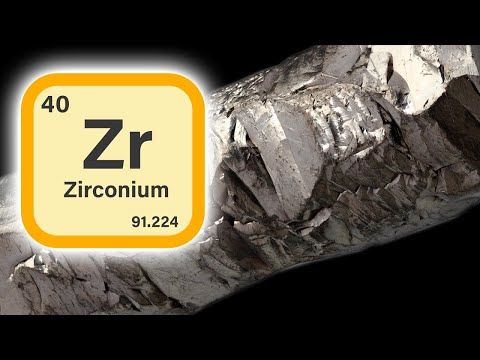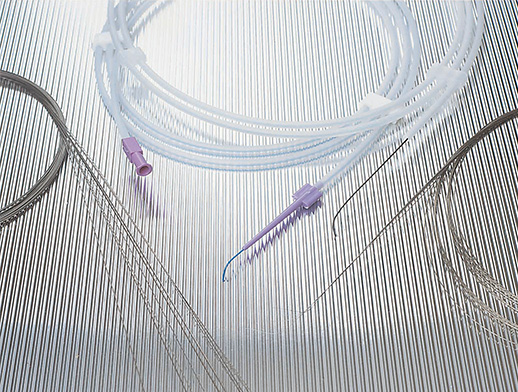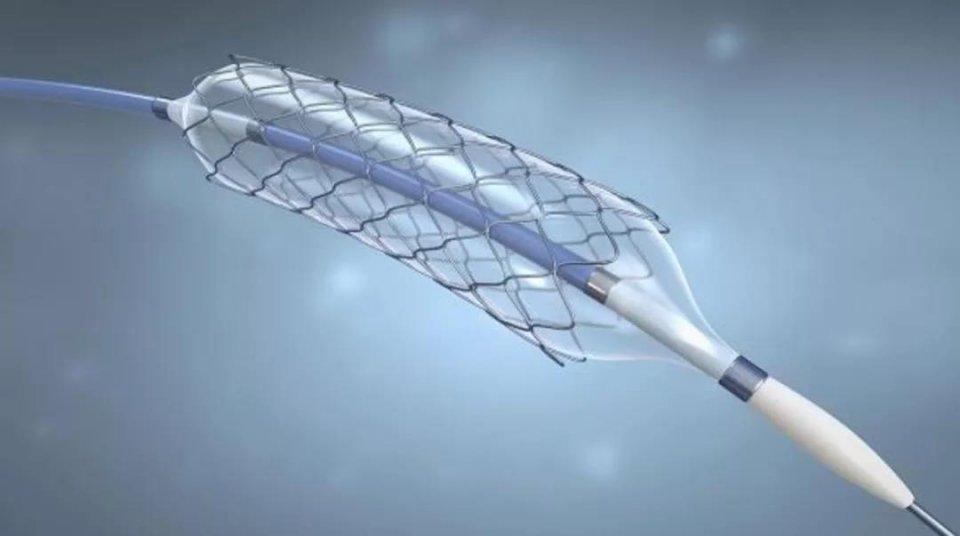News Hotspot
Contact Info
Add:Tangyan Mansion, No. 58 Keji 1st Road, High tech Zone, Xi'an City, Shaanxi Province
Phone: 0086-29-84504928
E-mail: Tisales@omdtimetal.com
The Pros and Cons of Titanium Dental Implants
Release Time:
Oct 31,2024
Titanium has been a cornerstone in the field of dental implantology for decades, hailed for its remarkable properties and success in restoring oral function and aesthetics.
Pros of Titanium Dental Implants:
Biocompatibility: The biocompatibility of titanium is a key factor that greatly benefits dental implants. This property means that titanium is not harmful or toxic to living tissue, making it highly compatible with the human body. When used in dental implants, this compatibility allows the titanium to integrate seamlessly with the jawbone, a process known as osseointegration. This integration is crucial for the stability and longevity of the implant. Because the body does not recognize titanium as a foreign object, the risk of rejection is significantly reduced. This compatibility also minimizes the likelihood of inflammatory reactions, ensuring that the implant area remains healthy and conducive to the healing process. Furthermore, the biocompatible nature of titanium contributes to the overall success rate of dental implants, as it promotes a healthy interface between the implant and the surrounding bone, leading to a stronger, more durable foundation for the replacement tooth. This harmony between the implant and the body’s natural tissues is essential for the long-term functionality and comfort of dental implants, making titanium an ideal choice for this application.
Strength and Durability: The strength and durability of titanium are fundamental attributes that significantly benefit dental implants. Titanium’s exceptional strength mirrors that of natural tooth roots, enabling it to withstand the daily forces exerted during chewing and biting. This resilience is crucial in maintaining the structural integrity of the implant over time. Furthermore, titanium’s durability plays a pivotal role in the longevity of dental implants. Unlike other materials that might wear down or degrade in the challenging environment of the mouth, titanium resists corrosion and maintains its strength for decades. This endurance means that dental implants can often last a lifetime with proper care, providing a permanent solution to tooth loss. The ability to reliably support the mechanical loads of everyday oral function without compromising the integrity of the implant or the surrounding bone structure is a key advantage. This enduring strength and durability of titanium not only ensure the functional efficacy of dental implants but also contribute to their overall success rate and patient satisfaction, making titanium the material of choice in implant dentistry.
Cons of Titanium Dental Implants
Surgical Risks: The surgical process of placing titanium dental implants, while generally safe and highly successful, does carry inherent risks, as is the case with any surgical procedure. These risks include the potential for infection at the implant site, which, if not properly managed, can lead to complications in healing and implant integration.
Potential for Allergic Reactions: Titanium rejection in dental implants, while relatively rare, is a concern that merits attention. This phenomenon, often characterized by an adverse reaction of the body to the implanted material, can lead to implant failure. In some cases, patients may develop an allergy to titanium, although such instances are infrequent given titanium’s high biocompatibility.
Aesthetic Limitations: Titanium dental implants, while highly functional and biocompatible, do have certain aesthetic limitations that need to be considered, particularly in patients with specific cosmetic concerns. The most notable limitation is the potential visibility of the metal.
Key words:
News Hotspot










